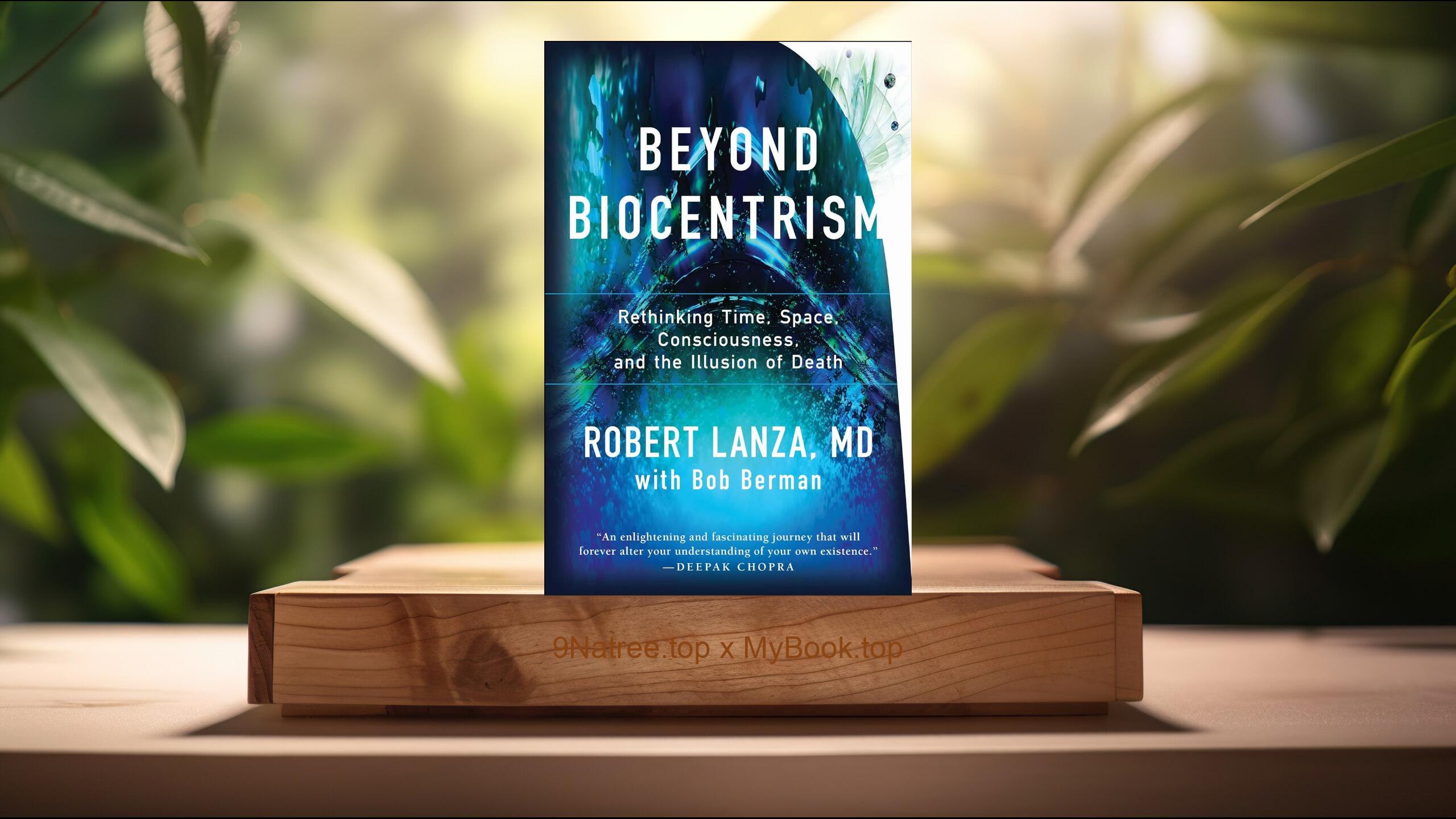Show Notes
- Amazon USA Store: https://www.amazon.com/dp/B01MYZ4OUW?tag=9natree-20
- Amazon Worldwide Store: https://global.buys.trade/Homo-Deus-A-Brief-History-of-Tomorrow-Yuval-Noah-Harari.html
- Apple Books: https://books.apple.com/us/audiobook/summary-of-homo-deus-a-brief-history-of-tomorrow/id1519665107?itsct=books_box_link&itscg=30200&ls=1&at=1001l3bAw&ct=9natree
- eBay: https://www.ebay.com/sch/i.html?_nkw=Homo+Deus+A+Brief+History+of+Tomorrow+Yuval+Noah+Harari+&mkcid=1&mkrid=711-53200-19255-0&siteid=0&campid=5339060787&customid=9natree&toolid=10001&mkevt=1
- Read more: https://mybook.top/read/B01MYZ4OUW/
#futurism #artificialintelligence #biotechnology #ethics #humanevolution #dataism #automation #philosophy #HomoDeus
These are takeaways from this book.
Firstly, The New Human Agenda: Immortality, Happiness, and Divinity, One of the central themes of Homo Deus is the radical shift in humanity’s aspirations. Historically, humans struggled against the perennial scourges of famine, plague, and war; these were the defining challenges of civilization for millennia. Harari argues, however, that we now live in an era where these threats are increasingly manageable. As a result, humanity’s agenda is pivoting toward new goals: achieving immortality, attaining lasting happiness, and acquiring god-like powers. This pursuit raises profound questions about the nature of existence and the value of limitations. Is endless life truly desirable? Harari explores efforts in biotechnology and medicine aimed at eliminating aging and death, the rise of pharmaceutical and digital means to enhance happiness, and how the desire for divinity manifests in our attempts to upgrade humans into superior beings—potentially leading to the creation of entirely new species. The transition from a survival-oriented species to one obsessed with transcendence brings both promise and peril, which Harari details with nuance and foresight.
Secondly, Artificial Intelligence and Dataism, Harari devotes considerable attention to the rise of artificial intelligence (AI) and the philosophy he terms Dataism. As algorithms become increasingly integral to human decision-making, and as AI surpasses human abilities in realms like pattern recognition and strategic prediction, a new worldview emerges in which data and its processing are valued above all else. Dataism, according to Harari, could supplant both humanism and religion, changing how individuals and societies understand meaning and purpose. The chapter investigates the dangers of ceding too much power to machines: from the erosion of privacy and agency to the risk of unemployment as intelligent algorithms outperform humans in more complex fields. Harari also explores how Dataism might affect ethics and governance, suggesting that the prioritization of data flows over individual experiences could reshape culture, politics, and even spirituality. This significant theme prompts readers to scrutinize the creeping influence of technology and to recognize the need for responsible stewardship.
Thirdly, Ethics in the Age of Technological Power, With unprecedented genetic engineering, artificial intelligence, and technological innovation come complex ethical dilemmas. Harari examines the implications of manipulating human biology, such as the possibility of designer babies, human enhancement, and synthetic life. He questions whether technological advances will be distributed equally or simply aggravate inequality, as only a privileged few might afford extensive enhancements while others are left behind. Ethical issues surrounding the autonomy of intelligent machines and their potential rights also arise, especially as machines approach sentient capabilities. Harari cautions against unchecked technological optimism, urging readers and policymakers alike to confront moral questions around identity, agency, consent, and the definition of happiness. The future, he argues, will not simply be shaped by what we can do, but what we ought to do—a distinction that demands thoughtful, inclusive debate as humanity enters uncharted territory.
Fourthly, The Future of Work and Human Value, Automation, AI, and robotics have the potential to disrupt the foundations of employment and labor. In Homo Deus, Harari analyzes possible scenarios whereby machines replace humans in a vast array of tasks—not only physical labor but also jobs involving cognitive skills, from legal research to medical diagnosis. He investigates what this means for millions whose livelihoods depend on these professions and debates whether new kinds of work will emerge swiftly enough to absorb those displaced. Harari raises concerns about the advent of a new class of useless or obsolete people, who may be left behind if society fails to find meaningful roles for them in the new economy. He challenges readers to consider how we define human value and purpose when traditional forms of work may cease to exist, and how economic and social policies must adapt to ensure dignity and fulfillment for all members of society.
Lastly, The Evolution of Religion and Humanism, Another key topic in Homo Deus is the evolution of religious and philosophical frameworks in response to scientific progress. Harari discusses how religious beliefs shaped human societies in the past and how, in recent centuries, humanism took center stage by placing human experience and agency at the top of the moral hierarchy. However, he speculates that the rise of Dataism and biotechnology might undermine both religious and humanist doctrines. As machines surpass humans in intelligence and decision-making, and as our understanding of consciousness and the brain deepens, the very narratives that have historically grounded societies may fracture. Harari details the tension between scientific authority and traditional faith, and he urges us to consider what will anchor ethics and meaning as old certainties dissolve. This topic challenges readers to anticipate spiritual and existential shifts in a world where the boundaries between human and machine, organic and digital, continue to blur.
![[Review] Homo Deus: A Brief History of Tomorrow (Yuval Noah Harari) Summarized](https://episodes.castos.com/660078c6833215-59505987/images/2020001/c1a-085k3-v6dp0n8kbjd8-3tmiws.jpg)




